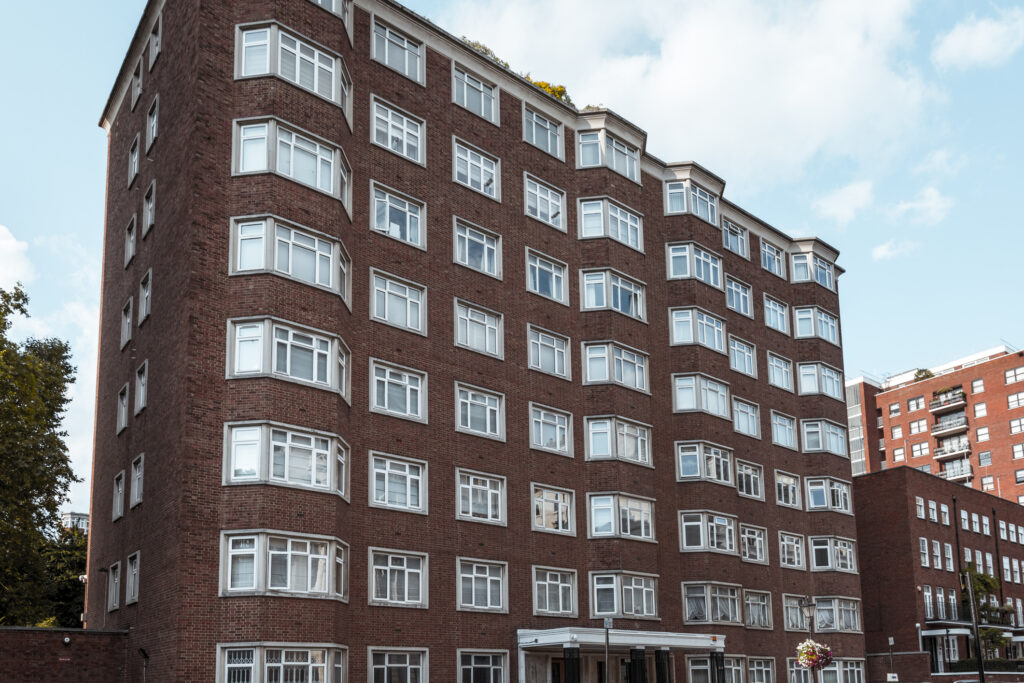
Economic Sustainability Through Affordable Housing
Across America, the growing housing crisis is causing negative consequences for citizens, especially for low-middle income (LMI) families, resulting in a ripple effect on the economy. Kansas’s major metropolitan centers, such as Kansas City, are feeling the effects of these shortages; the already low supply of available, affordable housing continues... Read more
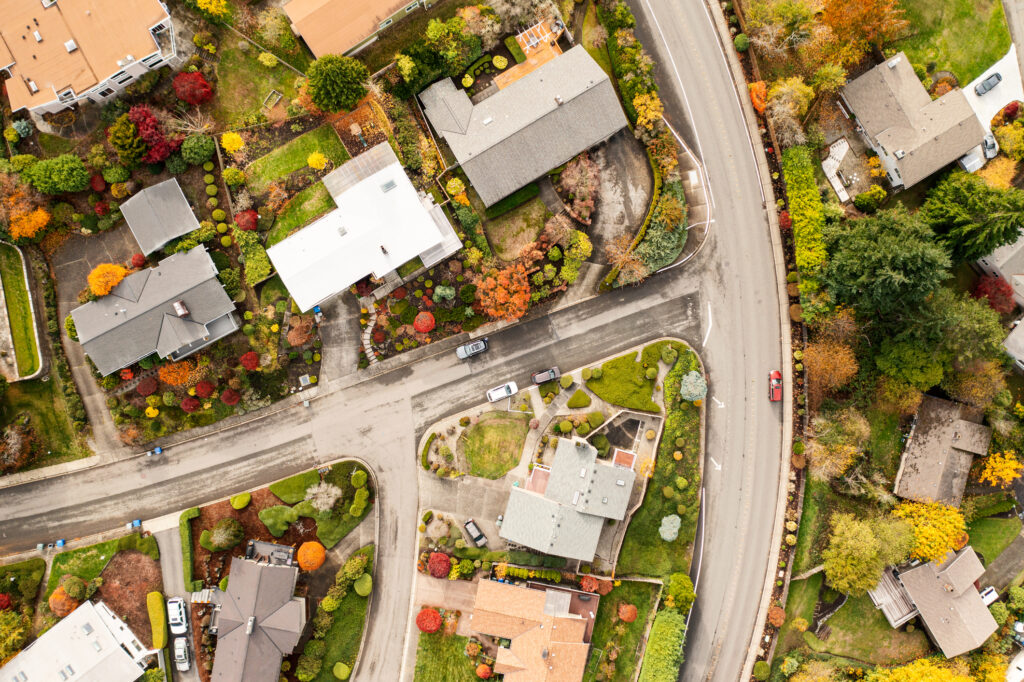
A Data-driven Approach to Addressing King County’s Housing Crisis
Like other prosperous American counties, greater King County currently finds itself in the position of possessing both enormous amounts of wealth and staggering levels of homelessness. King County has enjoyed robust economic growth over the past decade, with both Amazon and Microsoft establishing headquarters in the region. Despite these economic... Read more
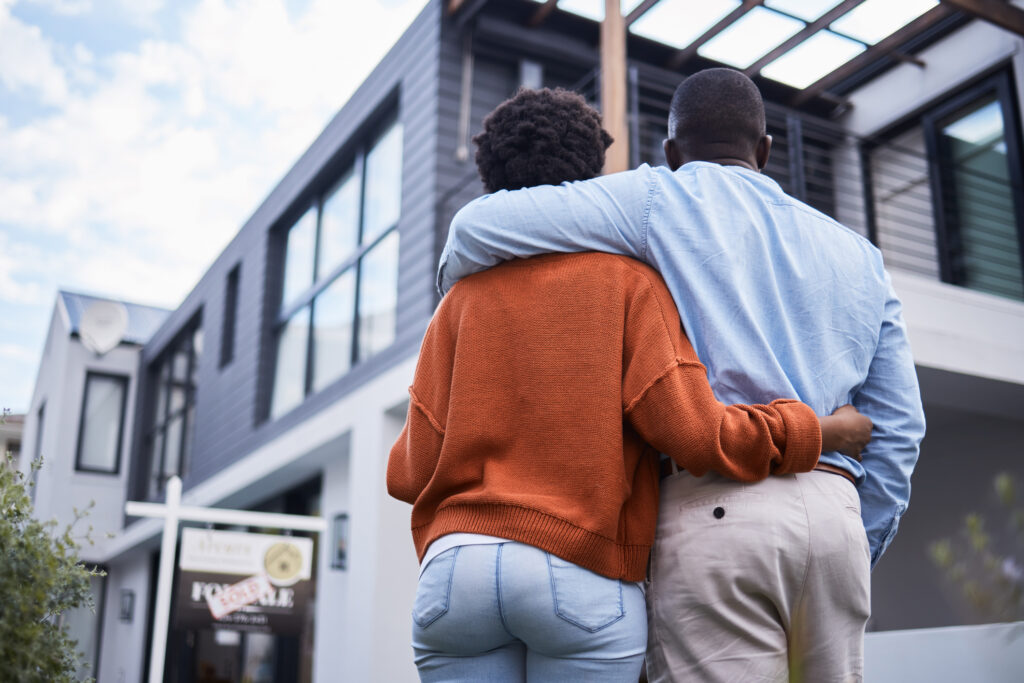
Dismantling Barriers to Homeownership Through Innovative Programs and Policies
For many Americans, the dream of owning a home – often considered the best way to build wealth in this country – is increasingly out of reach and unaffordable. In Kansas City, for many residents, this is the reality. While over 50% of Kansas City residents own their homes, there... Read more
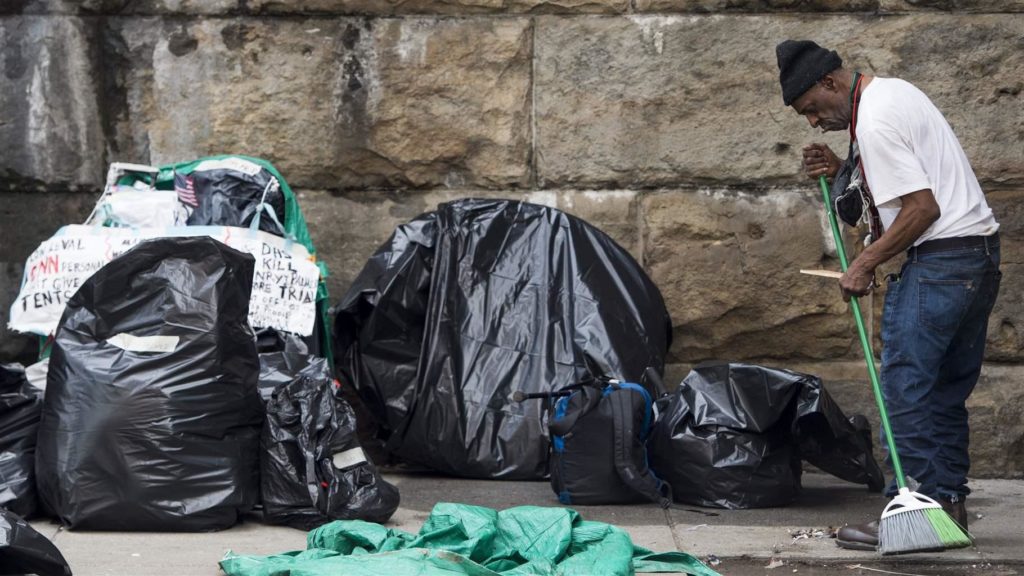
Advancing Racial Equity in LA County’s Homeless Services System
Los Angeles County is celebrated for its diverse mix of nationalities, cultures, identities, and languages. This cultural richness is stifled by stark racial and socioeconomic inequities that manifest in disparities in health, economic mobility, housing, and homelessness—particularly for communities of color. Black/African American people made up 40% of the total... Read more

Building the Capacity of Critical Service Providers in Austin’s Homelessness Response System
In the City of Austin, homelessness is a persistent reality that has amounted to a humanitarian challenge. Lack of affordable housing and healthcare, trauma and abuse, and racial inequities are all leading causes of homelessness in Austin. An estimated 9,000 residents in the Austin/Travis County area experience homelessness each year,... Read more

Identifying Innovative Funding Mechanisms to Address Unsheltered Homelessness in Austin
In spring 2021, city leaders facilitated the first Summit to Address Unsheltered Homelessness in Austin – the purpose of the summit was to develop an implementation strategy to effectively and significantly reduce unsheltered homelessness in the city. In the next three years local leaders are determined to rehouse 3,000 people... Read more

Developing a Regional Continuum of Care For Those Experiencing Homelessness
Seattle and King County rank in the top three areas in the country in homelessness on a per-capita basis, with more than 22,000 households and nearly 4,500 public school students experiencing homelessness in 2018 alone. And, unfortunately, homelessness has only worsened during the COVID-19 pandemic. The pandemic has also introduced... Read more
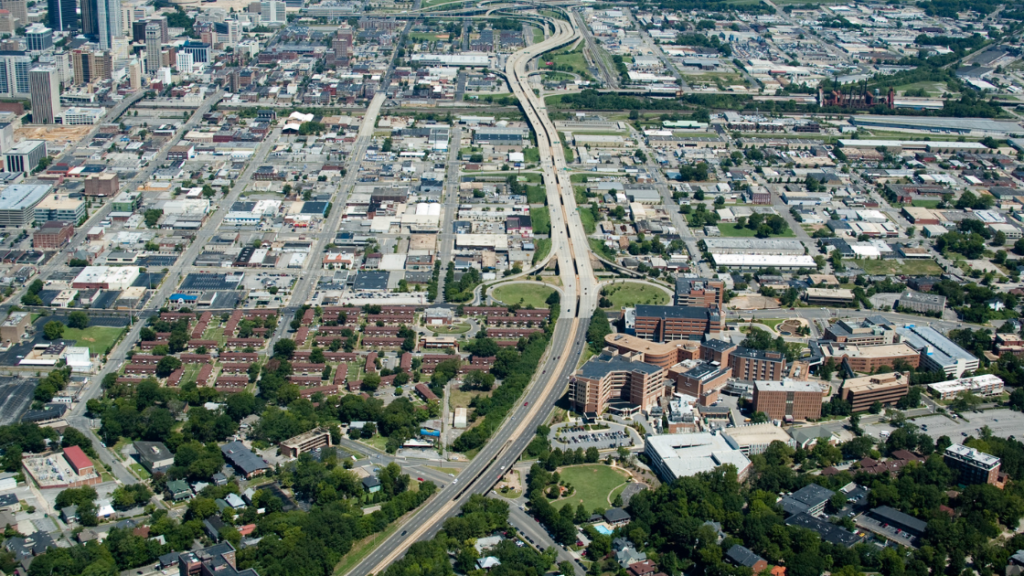
Diversifying Birmingham’s Housing Stock to Accelerate Neighborhood Revitalization
The affordable housing crisis faced by many in America has come to a head with the Covid-19 pandemic. Eviction and foreclosure rates continue to rise as moratoriums expire, and an estimated 30 to 40 million people in the US are at risk of losing their housing in the next several... Read more
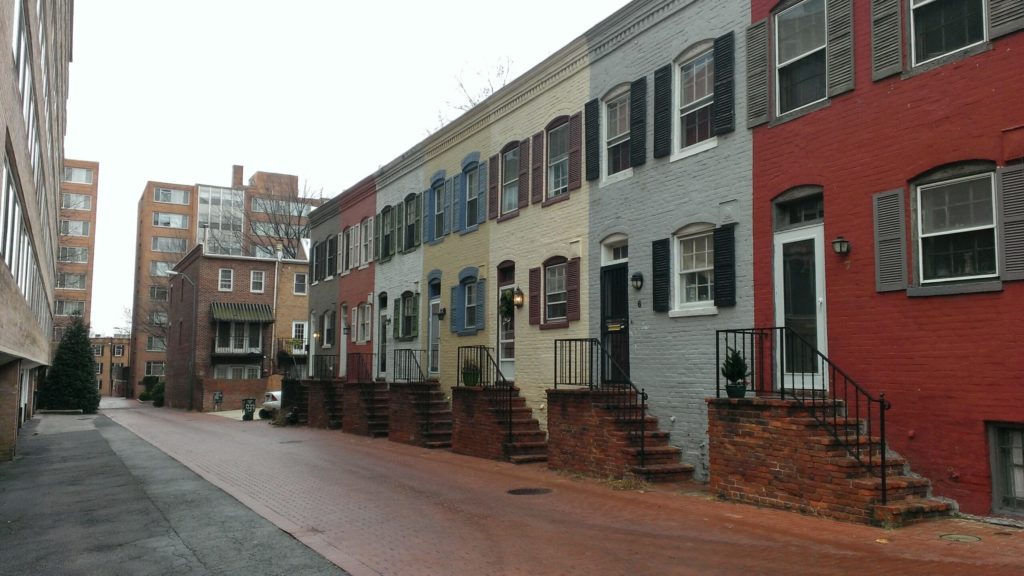
Advancing Equity Through Inclusive and Affordable Housing
The growing demand for housing in Washington D.C. has made it difficult for low- and moderate-income households to afford to live in the district. Specifically, more than 70,600 renter households in 2019 were burdened by housing costs, meaning they spent more than 30 percent of their income on housing. To... Read more
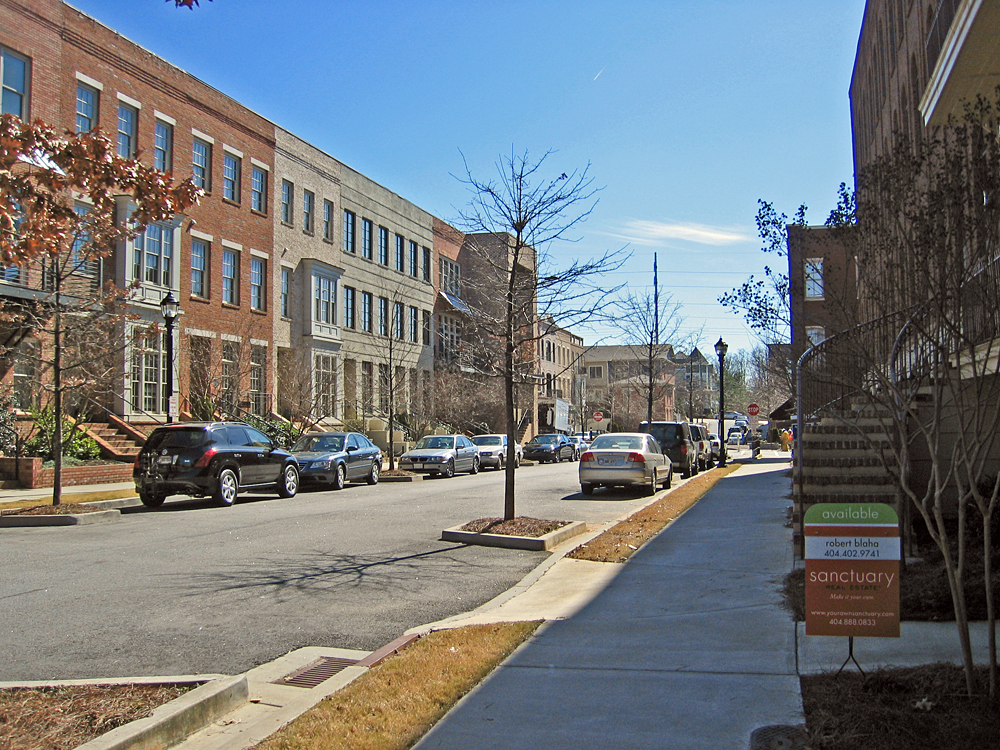
Implementing Critical Initiatives to Mitigate Displacement of Atlanta’s Black and Low-Income Communities
Home to more than 6 million people, the Atlanta region is the ninth largest metro region in the nation and it is still rapidly growing. In part because of this unprecedented population boom, Atlanta currently ranks fifth among U.S. cities experiencing gentrification, with more than 46% of its census tracts... Read more
